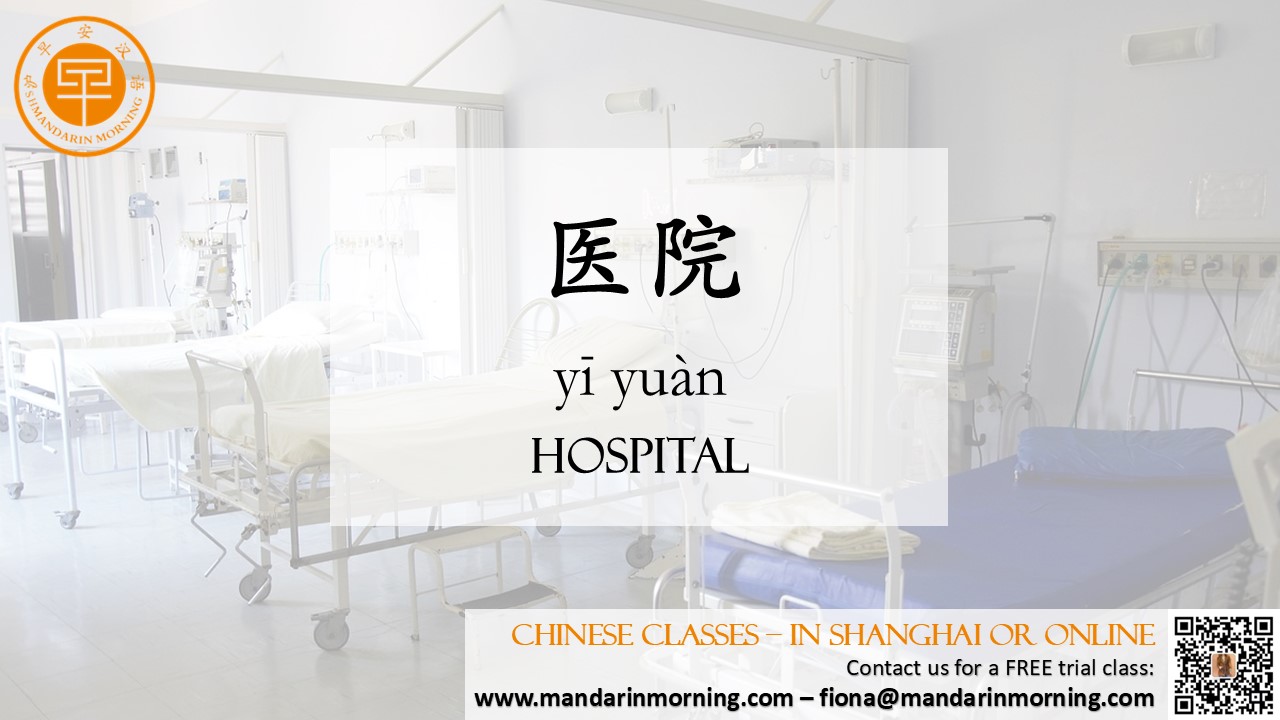【Learn Chinese】Navigating Illness in China: Health Insurance |
When you're sick in China, understanding the healthcare system and health insurance is crucial. This guide will provide you with essential information on health insurance in China, including vocabulary that can help you navigate medical services more effectively. Understanding Health Insurance in China China's health insurance system is complex and varies by region. It includes various types of insurance, such as: Urban Employee Basic Medical Insurance (UEBMI): Designed for urban employees. Urban Resident Basic Medical Insurance (URBMI): For urban residents who are not covered by UEBMI. New Rural Cooperative Medical System (NRCMS): For rural residents. Key Vocabulary and Concepts Here are some essential terms and their Mandarin translations to help you understand and communicate about health insurance in China: 保险 (Bǎoxiǎn): Insurance 医疗保险 (Yīliáo bǎoxiǎn): Health insurance 社保 (Shèbǎo): Social insurance, which includes health insurance 个人账户 (Gèrén zhànghù): Individual account, where your personal contributions are stored 统筹账户 (Tǒngchóu zhànghù):统筹基金, the pooled fund that covers larger expenses 起付线 (Qǐfù xiàn): Deductible, the amount you must pay before insurance kicks in 封顶线 (Fēngdīng xiàn): Maximum payment limit for insurance coverage 报销 (Bàoxiāo): Reimbursement, the process of getting money back from insurance for medical expenses 定点医疗机构 (Dìngdiǎn yīliáo jīgòu): Designated medical institutions, hospitals or clinics that are part of the insurance network 药品目录 (Yàopǐn mùlù): List of covered medications 门诊 (Ménzhěn): Outpatient services 住院 (Zhùyuàn): Inpatient services, hospitalization Health Insurance Process in China When you fall ill in China, the process typically involves the following steps: Visiting a Designated Hospital: Go to a 定点医疗机构 (dìngdiǎn yīliáo jīgòu) to ensure your expenses are covered by insurance. Paying the Deductible: Meet your 起付线 (qǐfù xiàn) before insurance starts to cover costs. Reimbursement: After paying for services, you can apply for 报销 (bàoxiāo) through your insurance. Understanding Coverage: Be aware of what is covered by your 医疗保险 (yīliáo bǎoxiǎn) and what is not by checking the 药品目录 (yàopǐn mùlù). Outpatient and Inpatient Services: Use 门诊 (ménzhěn) for non-emergency care and 住院 (zhùyuàn) for hospitalization. Health Insurance Vocabulary in Detail Premium (保费, biǎofèi): The regular payment you make to keep your insurance active. Policyholder (投保人, tóubǎo rén): The person who owns the insurance policy. Beneficiary (受益人, shòuyì rén): The person who receives the benefits from the insurance policy. Claim (索赔, suǒxiào): The request for payment submitted to the insurance company after receiving medical services. Copayment (共同支付, gòngtóng zhīfù): A fixed amount you pay for each visit or service, in addition to the premium. Coinsurance (共同保险, gòngtóng bǎoxiǎn): The shared cost of a covered service, typically expressed as a percentage. Out-of-Pocket Maximum (最高支付限额, zuìgāo zhīfù xiàn'é): The maximum amount you're required to pay for medical services in a policy period. Conclusion Understanding health insurance in China requires knowledge of the system and specific vocabulary. Whether you're an expatriate or a local, being familiar with terms like 保险 (bǎoxiǎn), 报销 (bàoxiāo), and 起付线 (qǐfù xiàn) can help you navigate the healthcare system more effectively. Knowing your rights and the coverage provided by your 医疗保险 (yīliáo bǎoxiǎn) is crucial for managing healthcare costs and receiving the necessary medical services. Remember, health is wealth, and being informed is the first step towards maintaining it. |